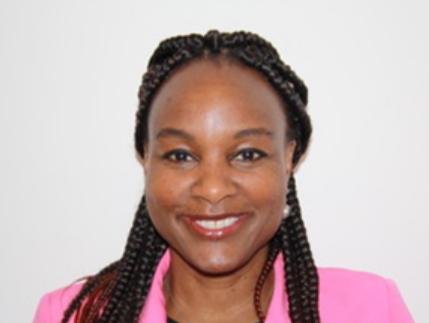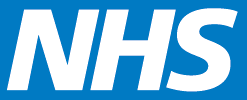Hello, my name is Caroline,
I have worked for the NHS as a pharmacist for more years than I care to remember. In 2021, despite having limited acute experience and whilst in the midst of one of the worst pandemics in living memory, I took the plunge and applied for the role of West Yorkshire Association of Acute Trusts (WYAAT) Elective Recovery Programme Manager. Apparently getting through the pandemic was not enough of a challenge! I was successful in securing the role and was made a substantive member of the WYAAT team in November 2022.
If I’m being honest, it took me a long time to become comfortable with the transition, having worked for more than a decade in addictions and mental health, moving to the acute sector was very alien to me. I found sitting in meetings challenging, trying to make sense of the discussions and the number of acronyms to which I was suddenly exposed. It was like having to learn another language. Getting to grips with the pace and the ever changing and competing demands was also a shock to the system, and at times I wondered if I would ever achieve or deliver anything.
Through my faith, I persevered and kept looking towards the horizon, believing things would improve over time. I am now fully immersed in the role, and although it continues to challenge me, I take great comfort in knowing that I am driving a programme which is helping the communities we serve.
Elective recovery is a key area of work and part of the broader Planned Care programme, working hard with partners in social, community and primary care, as well as the voluntary sector, making sure screening, diagnostics, and treatment capacity are all reflected in practice.
The aim of the Elective Recovery programme is to reduce the backlog of elective patients on our waiting lists across the WYAAT organisations, whilst at the same time, developing a plan which is sustainable and fit for the future. This is underpinned by the NHS England publication, Delivery Plan for Tackling the COVID-19 Backlog of Elective Care.
To drive our strategy, vision, and purpose forward, the Elective Recovery Group (ECG) was created, which I like to call the ‘engine room’ of our programme. Core membership for ECG consists of senior operational and clinical leaders from the six trusts, as well as our core team. Flanked by Russell Nightingale, our Senior Responsible Officer for Elective Recovery, and Chief Operating Officer for Harrogate and District NHS Foundation Trust, and Mark Liddington, Medical Lead for Elective Recovery and Consultant Plastic Surgeon at Leeds Teaching Hospitals NHS Trust, we work collaboratively with staff across the system to influence change.
As a group our overarching ethos is: “If one fails, we all fail,” which is underpinned by radical candour and distributed leadership.
At times, it is overwhelming to look at the bigger picture and the tasks we’ve set ourselves as a programme, but I keep on track by maintaining focus and our workstreams remain firmly aligned to the four national themes:
- Expanding capacity
- Prioritisation
- Transformation
- Empowering patients
Our team has worked hard over the last two years to forge strong collaborative and trusting relationships, which gives us permission to hold each other to account, provide critical challenge without judgment, share good practice, and most importantly, celebrate our successes collectively.
In the last 12 months, we have had some major successes including:
- mutual aid - successfully supporting patients across West Yorkshire and Harrogate and beyond to be seen quicker from a neighbouring trust. A true collaborative effort involving all aspects of the workforce - from administrative, through to clinicians and operational staff – and through this approach we have moved several hundred patients.
- establishing eight clinical networks in ENT (ear nose and throat), gynaecology, general surgery, perioperative care, ophthalmology, trauma and orthopaedics, urology, and maxillofacial. Each led by a chair from one of our trusts, with each chair having an opportunity to drive a network forward, share best practice and align workstreams to the Getting it Right First Time (GIRFT) principles.
The work is never ending and sometimes it feels overwhelming, but when you have an army of great individuals working beside you, all sharing the same burden, everything seems that little bit easier. I am so grateful to have an amazing team of project managers, GIRFT lead and ECG members who always go the extra mile.
So now when I look back at the me of two years ago, I do so with a wry smile. Although I felt out of my depth, I persevered and weathered the storms. As Maya Angelou reminds me – “Do the best you can until you know better, then, when you know better, do better.”
As I sign off, I’d like to emphasise the power in true collaboration and good working relationships. One of WYAAT’s core principles emphasises the power of working together, so next time you’re feeling overwhelmed or just need someone to listen, contact a fellow colleague, or a counterpart in a neighbouring WYAAT trust – they might just have the answer to your problem.
I would like to thank all the individuals I have had the pleasure of working with. Without your hard work, support and advice, the Elective Recovery programme would not have achieved all that it has.
Caroline

For more information on WYAAT’s work, visit our website or follow us on X.









